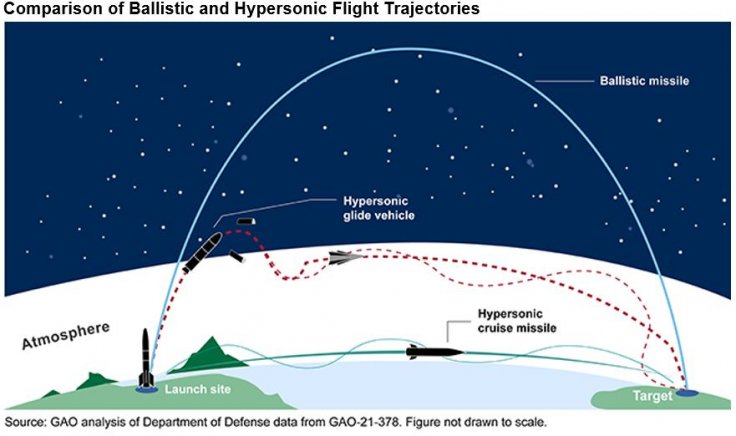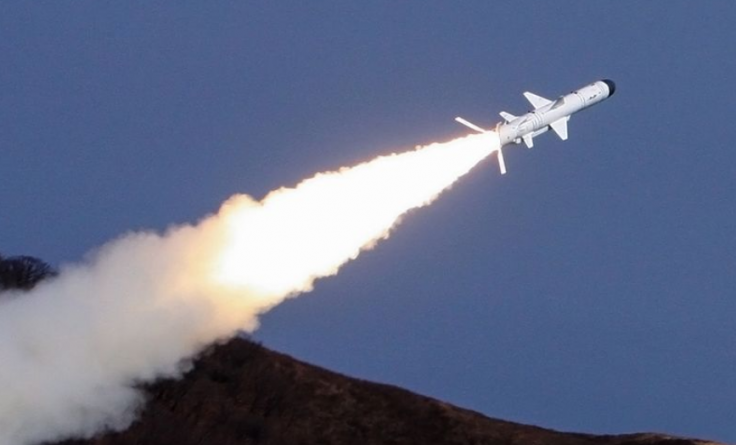The Pentagon has said it is spending $1.3 billion for the development of advanced satellites that can track hypersonic missile threats. The US defense department aims to put the high-end tracking satellites in orbit by 2025.
The US move comes in the wake of the advancements China and Russia have made in its hypersonic missile technology.
The Financial Times reported last year that China tested a nuclear-capable hypersonic missile in a bid to demonstrate its advanced space capability. "Chinese military launched a rocket that carried a hypersonic glide vehicle which flew through low-orbit space before cruising down towards its target," the report had said.

In 2020, Russia carried out a third successful test of a hypersonic missile. The Russians tested a Zircon missile, which President Vladimir Putin has termed a 'weapon of choice'. Putin called the weapon 'truly unparalleled'. The new-age weapon is stated to be capable of destroying the cities of America in the event of a nuclear war.
Edge Over ICBMs
The development of hypersonic missiles by the biggest military powers has changed the dynamics and equations of warfare. Hypersonic missiles, which are defined as anything travelling beyond Mach 5, are harder to track than conventional missiles.

At Mach 5 speeds, which are five times faster than the speed of sound, the hypersonic missile travels at about 6,100 km per hour. Though Intercontinental ballistic missiles (ICBM) travels at higher speeds their paths are predictable.
"Russia and China have been developing and testing hypersonic glide vehicles – these advanced missiles that are extremely manoeuvrable," Derek Tournear, director of the Space Development Agency, said, according to the South China Morning Post.

New Satellites
"These satellites are specifically designed to go after that next generation version of threats out there so that we can detect and track these hypersonic manoeuvring vehicles and predict their impact point," Tournear added.
The Pentagon is now aiming at building satellites that can detect the launch of hypersonic missiles and track them as they change course. The satellites will calculate their position dynamically and help interceptors launch counter-attack missiles.
According to SCMP, Pentagon has given the contract to build advanced satellites to L3Harris Technologies of Melbourne, Florida, and Northrop Grumman Strategic Space Systems of Redondo Beach, California.









